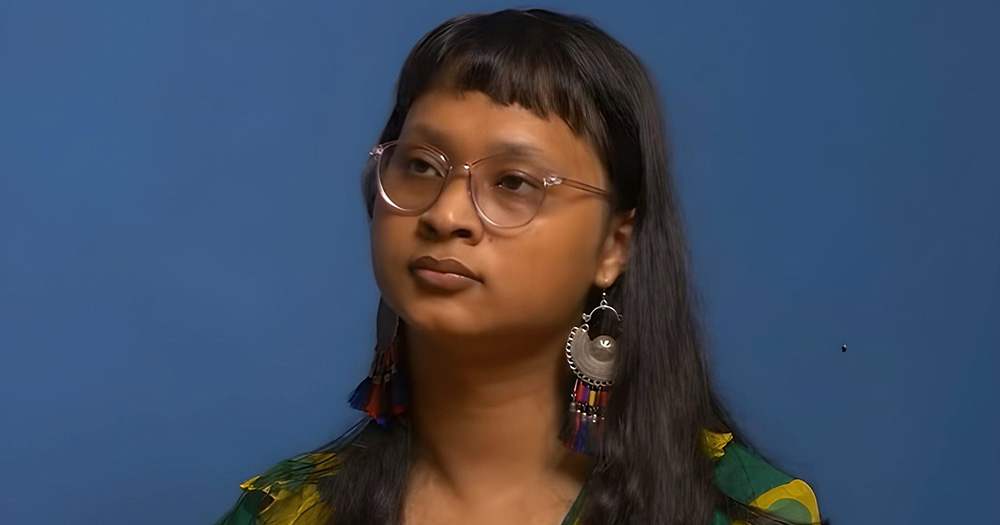In a historic ruling, Nepal’s Supreme Court determined that a transgender woman can be recognised as a woman on legal documents without having to submit to medical verification.
The case was led by Rukshana Kapali, a law student and human rights activist who has long advocated for herself and other transgender people living in Nepal. She sued the Nepalese government over 50 times since 2021, demanding gender identity recognition.
After the victory, Kapali told The Himalayan Times: “I am very glad and happy this verdict has finally put an end to the discrimination and stigmatisation I faced everywhere I went. My life is going to be easy from now on.”
HISTORIC: The Supreme Court of Nepal has ruled/ decided that people CAN CHANGE THEIR GENDER if they feel different from the one they were born with.
सर्वोच्च अदालतले भनेको छ कि मानिसहरूले आफूलाई जन्मजात पाइएको लिङ्ग भन्दा फरक महसुस गरेमा आफ्नो लिङ्ग परिवर्तन गर्न सक्छन्। pic.twitter.com/JKRUaABHiU
— No Next Question (@NoNext_Question) July 31, 2024
This landmark decision is only the latest of the country’s recent progressive rulings which have made Nepal a leader in LGBTQ+ rights in Asia.
Last year, Nepal became the first South Asian country to register same-sex marriages. It also passed affirming laws regarding sexual orientation and gender identity, including the legal recognition of a third gender over 10 years ago, placing Nepal ahead of many other countries.
While Nepal was praised for instituting the third-gender option on citizenship certificates for non-binary people, changing gender documents based on self-ID did not apply to those wishing to identify as a man or woman. Prior to the ruling on August 1, anyone wishing to change their gender marker from “M” or “F” has been forced to undergo invasive medical assessments and examinations including surgery, which typically required travelling to another country for procedures.
During her fight for equality, Kapali said: “Nepal got a lot of credit for instituting the third-gender option on citizenship certificates but it is not implemented consistently, and it does not uphold the rights of people who identify as women and men.”
In February, the Executive Director of LGBTQ+ organisation Blue Diamond Society Manisha Dhakal, similarly told Human Rights Watch (HRW): “We need change now. We began the fight for our dignity in 2001 and secured a major victory at the Supreme Court in 2007, but the government has not yet implemented the order to recognise us based on our identities.”
While this ruling sets a new precedent for trans rights, this particular case only applies to Kapali. Other transgender people living in Nepal will need to petition the court individually to have their genders recognised.
Activists will continue the fight by advocating for a government directive that will allow people to self-identify their gender on legal documents without medical requirements.
© 2024 GCN (Gay Community News). All rights reserved.
Support GCN
GCN is a free, vital resource for Ireland’s LGBTQ+ community since 1988.
GCN is a trading name of National LGBT Federation CLG, a registered charity - Charity Number: 20034580.
GCN relies on the generous support of the community and allies to sustain the crucial work that we do. Producing GCN is costly, and, in an industry which has been hugely impacted by rising costs, we need your support to help sustain and grow this vital resource.
Supporting GCN for as little as €1.99 per month will help us continue our work as Ireland’s free, independent LGBTQ+ media.
